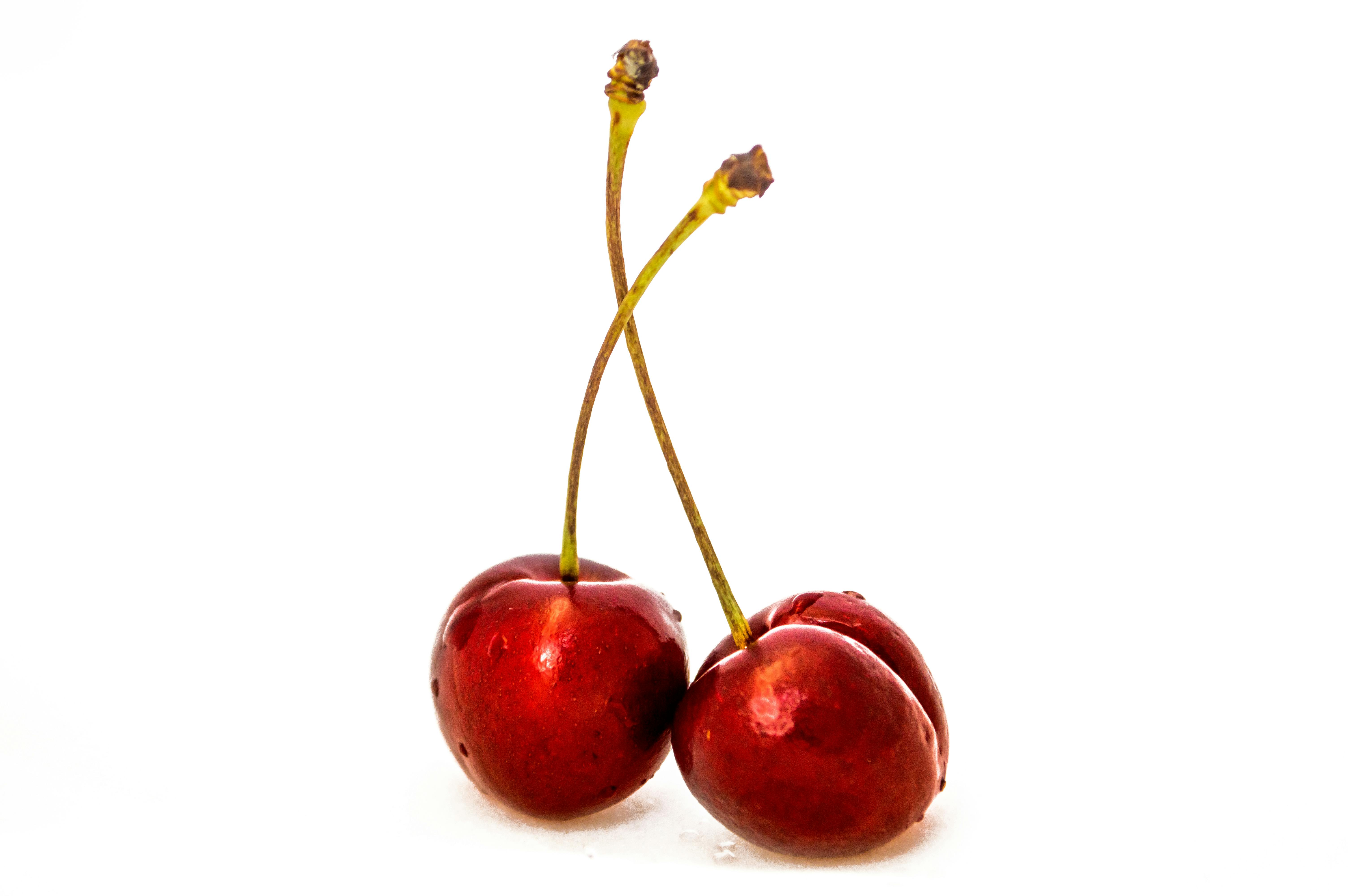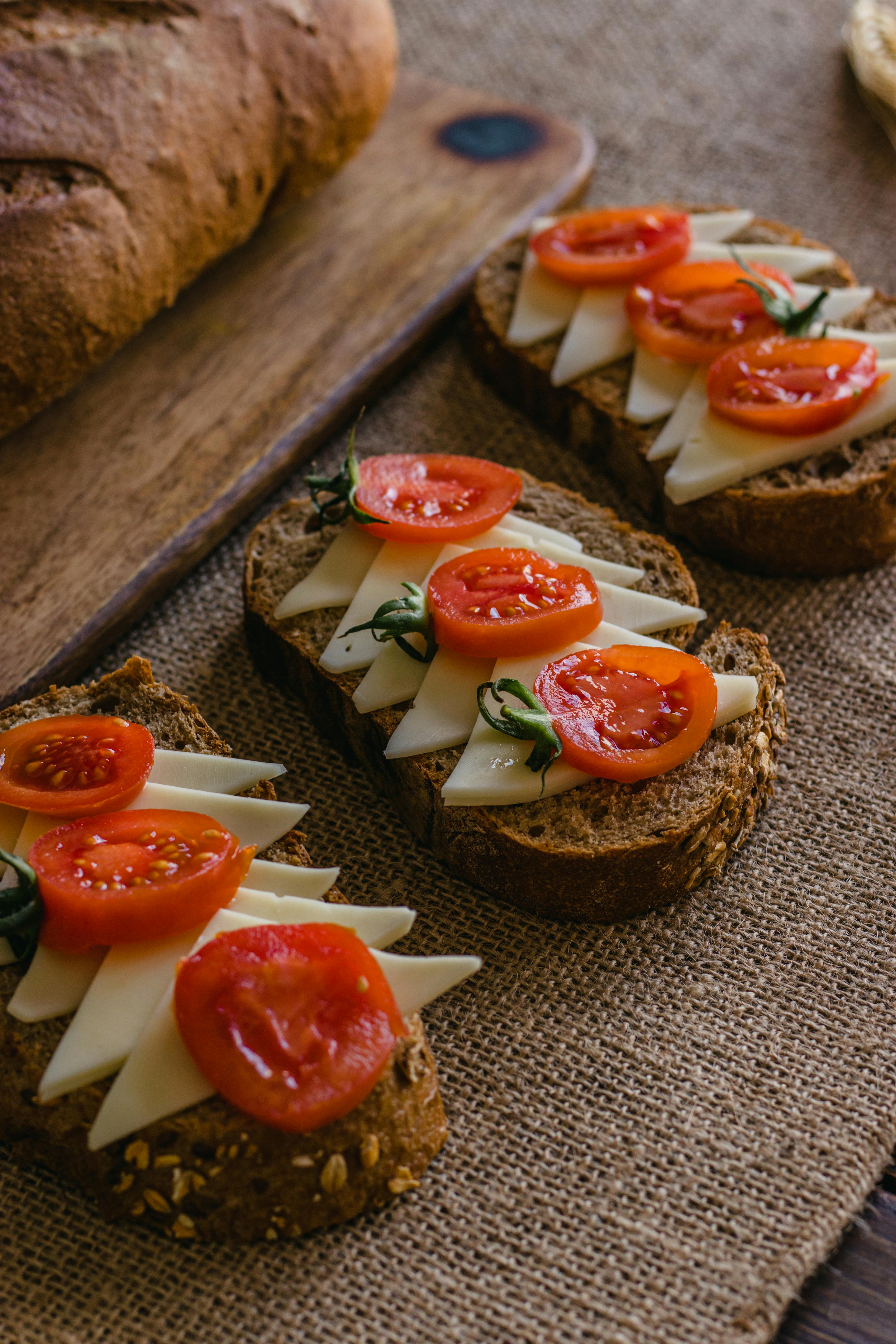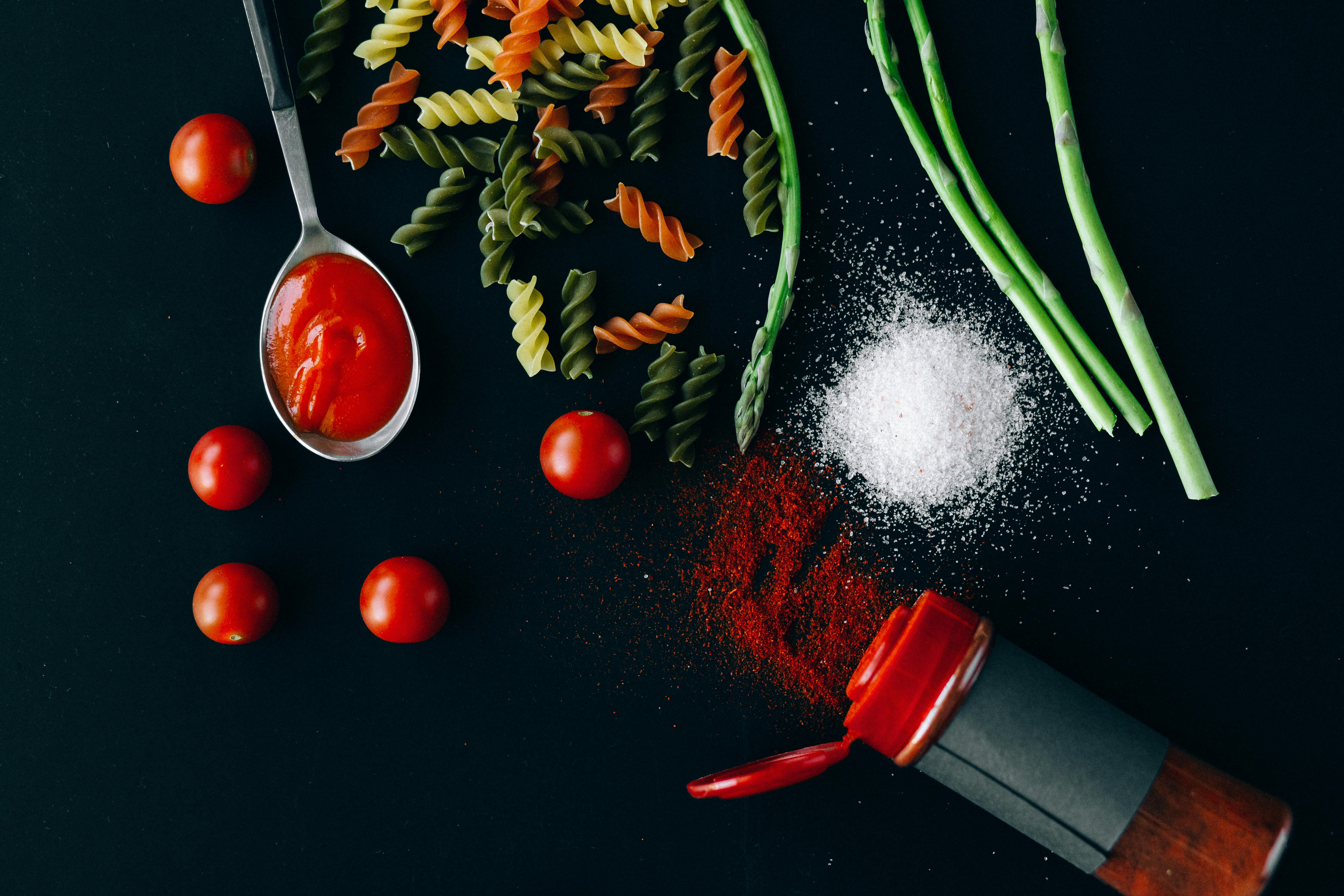Effective IBS Diet Plan: Optimize Your Digestive Health in 2025

Essential IBS Diet Plan: Optimize Your Digestive Health in 2025
Irritable Bowel Syndrome (IBS) affects millions globally, making it essential to adopt a diet that supports digestive health and symptom relief. An effective IBS dietary plan not only helps manage symptoms but also improves overall gut health, paving the way for a better quality of life. This article will explore various dietary guidelines for IBS, highlighting foods to eat and avoid, the benefits of a low FODMAP diet, and share practical meal planning strategies. Additionally, we will delve into IBS-friendly recipes and provide insights on how to manage your diet for optimal digestive health.
By understanding the connections between food choices and IBS, you can significantly reduce inflammation and promote gut health. Here’s what to expect as we navigate through this comprehensive guide:
- The importance of IBS dietary guidelines
- Foods to eat and avoid for IBS management
- Meal prep strategies and IBS-friendly recipes
- Tips for symptom relief and optimizing digestive health
Now, let's dive into the essential aspects of the IBS diet plan, starting with an overview of dietary guidelines tailored for IBS sufferers.
Understanding IBS Dietary Guidelines for Maximum Relief
For those living with IBS, following a structured dietary plan can be transformative. Understanding IBS dietary guidelines is crucial for tailoring your eating habits to minimize flare-ups and discomfort. These guidelines generally include the following aspects: maintaining a balanced diet, identifying individual food triggers, and ensuring adequate fiber intake.
Identify and Avoid Common IBS Triggers
It’s important to recognize that each person's experience with IBS is unique, and certain foods can exacerbate symptoms. Common triggers include high-fat foods, caffeine, alcohol, and dairy products. Keeping a food diary can help pinpoint specific triggers that may affect your digestive health. Eliminate these foods gradually and observe any changes in your symptoms.
Focus on Soluble Fiber Intake
Incorporating soluble fiber into your diet can be beneficial for managing IBS symptoms. Foods such as oats, bananas, apples, and carrots are excellent sources. Soluble fiber helps to regulate bowel movements and can alleviate both constipation and diarrhea, which are common issues for IBS sufferers. Aim for a daily intake of at least 25 grams of fiber, adjusting gradually to avoid bloating or discomfort.
Incorporate Prebiotics and Probiotics
Balancing gut bacteria is pivotal for alleviating IBS symptoms. Including prebiotic foods like garlic, asparagus, and onions can support the growth of beneficial bacteria in your gut. Additionally, consider adding probiotics through foods like yogurt or fermented options such as kimchi and sauerkraut, which can enhance digestive health and provide symptom relief.
By adhering to these IBS dietary guidelines, you can start paving your way toward improved digestive health. Next, we will explore the specific foods to include in your diet.
Foods to Eat and Avoid while Managing IBS
Navigating food choices can be challenging for individuals with IBS. Understanding which foods to eat and avoid helps create a sustainable and enjoyable diet. In this section, we will outline key food categories for your IBS meal plan.
IBS-Friendly Foods to Embrace
Incorporating gut-friendly foods into your diet can lead to symptom relief. Focus on these categories:
- Low FODMAP foods such as cucumbers, zucchini, and spinach.
- Lean proteins like chicken, turkey, and fish.
- Safe grains, including rice and gluten-free alternatives.
These foods offer essential nutrients without triggering your symptoms. Aim to fill your plate with a variety of these options to ensure a balanced intake of vitamins and minerals.
Foods to Avoid for IBS Relief
While it is essential to know what to eat, it's equally important to identify foods that may worsen your symptoms. Some common offenders include:
- High sugar and processed foods, which can lead to gut irritation.
- Gas-producing foods such as beans, lentils, and certain cruciferous vegetables.
- Dairy products, particularly for those with lactose intolerance.
By avoiding these triggers, you can manage your symptoms more effectively and improve your overall quality of life.
Herbal Remedies and Beverages for IBS
In addition to dietary choices, certain herbal remedies and beverages can aid IBS management. Herbal teas like peppermint and ginger have calming effects on the digestive system, alleviating symptoms like bloating and gas. Additionally, remaining adequately hydrated is crucial; aim for eight 8-ounce glasses of water daily to keep your digestive tract functioning optimally.
Now that we've addressed the types of foods to eat and avoid, let’s shift our focus to practical meal planning strategies for your IBS diet.
Meal Prep and Planning Strategies for IBS Management
Efficient meal prep can significantly ease the struggles of adhering to an IBS diet. By preparing meals in advance, you can reduce stress around eating choices and help maintain digestive comfort. In this section, we will look at practical strategies for managing your meal prep effectively.
Creating an IBS Meal Plan
Start by developing a weekly meal plan that incorporates a variety of foods from the lists discussed previously. Here’s a simple outline to follow:
- Breakfast: Overnight oats with bananas and a sprinkle of cinnamon.
- Lunch: Grilled chicken salad with spinach, cucumbers, and a light vinaigrette.
- Dinner: Quinoa with steamed zucchini and fish.
Adjust portion sizes according to your comfort level and avoid overeating, as this can trigger symptoms.
Batch Cooking for IBS
Batch cooking can save you time and effort during busy weekdays. Consider preparing larger quantities of IBS-friendly recipes that freeze well, such as soups or stews. Portion them out for easy access during the week, ensuring prompt meal options that align with your IBS dietary needs.
Quick Snack Ideas and IBS-Friendly Beverages
Filling your pantry and fridge with healthy snacks can help you avoid unhealthy options when cravings strike. Good choices include:
- Rice cakes with almond butter
- Low FODMAP fruits like strawberries and oranges
- Homemade energy balls made from oats and peanut butter
Staying hydrated is also crucial for digestive health; opt for IBS-friendly beverages like herbal teas or infused water to enhance your fluid intake.
IBS-Friendly Recipes for a Healthier Digestive System
Now, let's explore some delicious IBS-friendly recipes that follow the dietary guidelines we've discussed. These meals not only cater to your dietary needs but also excite your taste buds.
Sample IBS Meal Ideas
Here are a few simple, wholesome recipes to get you started:
Breakfast Smoothie
Blend together spinach, banana, oats, and almond milk for a refreshing start to your day. This smoothie is packed with soluble fiber and easy on the digestive system.
Quinoa Salad with Veggies
Mix cooked quinoa with diced cucumbers, bell peppers, and a dash of lemon juice. This salad is light, refreshing, and perfect for lunch.
Grilled Salmon with Sweet Potatoes
Grill salmon fillets and serve them with roasted sweet potatoes and steamed green beans. This meal is rich in omega-3 fatty acids and packed with nutrients that support gut health.
Expert Tips for Managing IBS with Diet
For effective IBS management, consider incorporating these expert dietary tips:
Mindful Eating Practices
Practicing mindful eating can lead to better digestion and a more enjoyable dining experience. Focus on chewing each bite thoroughly and taking your time during meals to prevent overeating and discomfort.
Maintaining a Food Diary
Keeping a food diary can be incredibly beneficial for understanding your specific triggers and patterns associated with IBS flare-ups. Documenting what you eat, along with how you feel afterward, can provide valuable insights into managing your diet effectively.
Consulting with Nutritional Experts
If you find it challenging to navigate your IBS dietary needs, working with a registered dietitian can offer personalized guidance tailored to your situation. Their expertise can help you achieve a balanced diet while minimizing symptoms.
Common Questions About IBS Diet
What are some IBS-friendly snacks?
IBS-friendly snacks include rice cakes topped with nut butter, lactose-free yogurt, and gluten-free granola bars. Always check labels for hidden IBS triggers.
Does stress impact IBS symptoms?
Yes, stress is a significant trigger for many individuals with IBS. Incorporating relaxation techniques such as yoga or meditation can help manage symptoms effectively.
How can I ensure enough hydration with IBS?
Aim for at least 8 cups of fluid daily, focusing on water and herbal teas. Avoid caffeine and alcohol which can dehydrate the body.
Are there any supplements that can help with IBS?
Probiotics and digestive enzymes may provide symptom relief for some individuals. It's best to discuss with your healthcare provider before starting any supplements.
What are the benefits of a low FODMAP diet?
The low FODMAP diet can significantly reduce gas, bloating, and other IBS symptoms by eliminating fermentable carbohydrates that irritate the gut.


In conclusion, effectively managing IBS through diet can enhance your quality of life. By adopting the right dietary guidelines, focusing on gut health foods, and incorporating practical meal planning strategies, IBS sufferers can navigate their condition with confidence and ease.